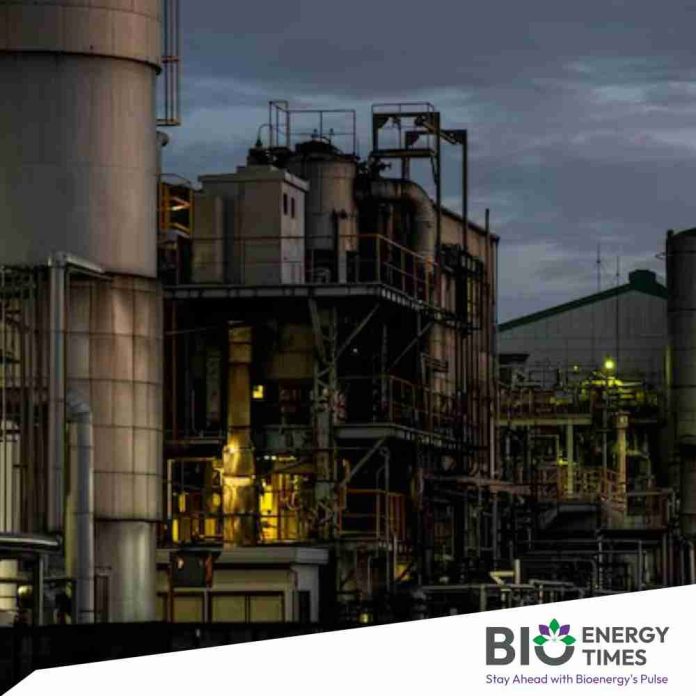Jakarta: Japan’s automotive major Toyota is exploring plans to set up an ethanol production plant in Indonesia as part of its strategy to secure sustainable fuel supplies for its bioethanol-compatible vehicles, a senior government official confirmed on Tuesday, reports JakartaGlobe.ID.
Deputy Minister for Investment and Downstream Industry Todotua Pasaribu said Toyota is among several international companies showing interest in developing ethanol facilities in the country. “Yes, Toyota has plans to build an ethanol plant. They are one of the interested parties, along with a few others,” he told reporters in Jakarta.
Toyota showcased its Fortuner Flexy Fuel prototype at the 2023 Gaikindo Indonesia International Auto Show (GIIAS). The SUV, one of Indonesia’s best-selling models, features a 2.7-liter four-cylinder petrol engine modified to run entirely on bioethanol (E100).
According to Todotua, Toyota’s interest in local ethanol production is driven by the need to ensure a reliable bioethanol supply chain. “They are serious about entering ethanol manufacturing. Hopefully, everything proceeds smoothly and can be realized soon,” he said.
Todotua added that Brazil — a global leader in ethanol production and biofuel technology — has also expressed interest in investing in Indonesia’s ethanol sector.
He said the government is currently evaluating possible plant locations, with Lampung Province in Sumatra emerging as a strong contender due to its ample supply of sugarcane, cassava, corn, and sorghum. “All the necessary raw materials are available there. What’s needed now is our commitment to build ethanol plants and implement the E10 policy,” he said, referring to Indonesia’s plan to require a 10 percent bioethanol blend in gasoline.
Energy and Mineral Resources Minister Bahlil Lahadalia earlier stated that the government would offer incentives to companies establishing ethanol plants in Indonesia to support the rollout of the E10 mandate by 2027.
To meet the target, Indonesia will need about 1.4 million kiloliters of ethanol annually. The government aims to fulfill this demand through domestic production rather than imports.
Bahlil said the upcoming ethanol facilities could use various feedstocks such as cassava, corn, and sugarcane. A sugarcane-based ethanol plant is expected to be built in Merauke, South Papua, while potential sites for cassava-based plants are still being identified.















